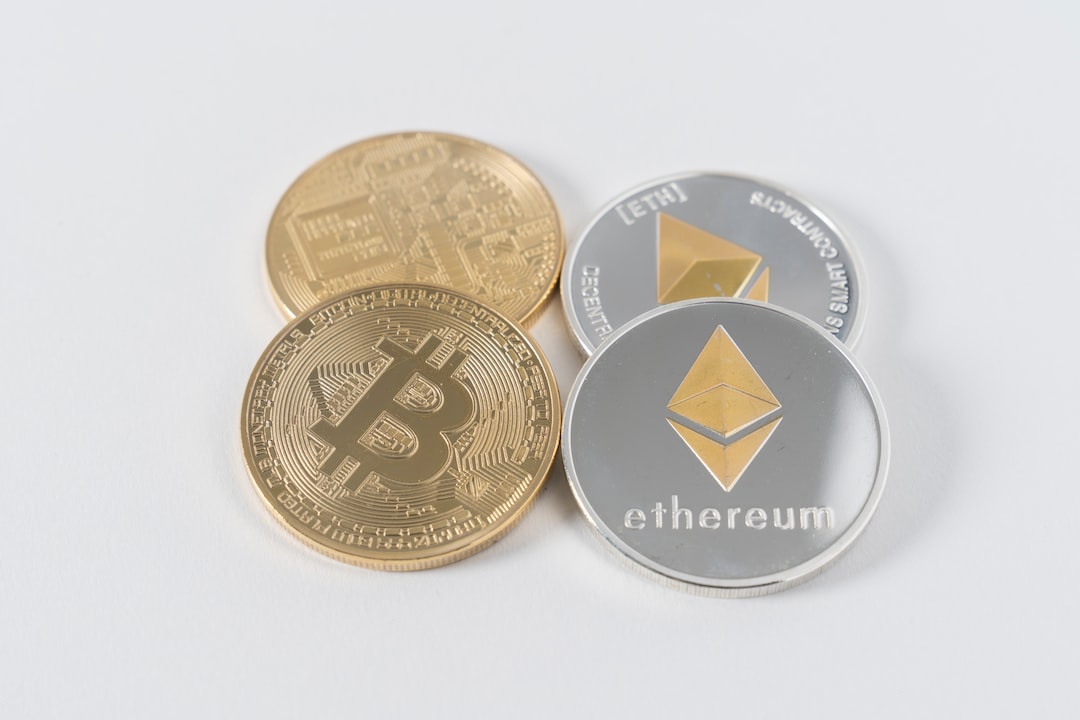A Currency Swap and Loan Help Argentina Meet IMF Obligation
Argentina, one of the most indebted countries in the world, has managed to avoid defaulting on its $3.7 billion obligation to the IMF thanks to a currency swap with the People’s Bank of China (PBoC) and a loan from the Development Bank of Latin America. This move has bought Argentina some time but does not provide a long-term solution. It does, however, prevent Argentina from depleting its dollar reserves, which would have put the country in a precarious situation.
China’s Move Undermines Dollar Hegemony
China’s intervention in Argentina’s debt crisis is seen as an attempt to challenge the dominance of the US dollar and promote the use of the renminbi for debt settlement. This could set a precedent for other emerging countries facing similar situations in the future. As the BRICS countries prepare for their summit, there are speculations about a potential announcement of a gold-backed currency to rival the dollar, further weakening US financial dominance.
IMF’s View on Bitcoin and El Salvador
The IMF’s criticism of El Salvador’s adoption of Bitcoin as a legal currency, while simultaneously pressuring Argentina to avoid using Bitcoin for loan repayment, is seen as patronizing and bullying. The global financial system is undergoing significant changes, and it remains to be seen whether China’s actions are genuinely driven by goodwill or part of its own quest for global monetary power. Bitcoin, as a decentralized currency and store of value, offers a potential alternative to world citizens seeking to escape superpower domination.
Hot Take
The currency swap and loan from China may provide temporary relief for Argentina, but it does not offer a viable long-term solution. China’s intervention in Argentina’s debt crisis reflects its attempts to challenge the dominance of the US dollar. Bitcoin, with its decentralized nature, remains an attractive option for individuals seeking to break free from the control of superpowers in the global financial system.





 By
By
 By
By
 By
By
 By
By

 By
By